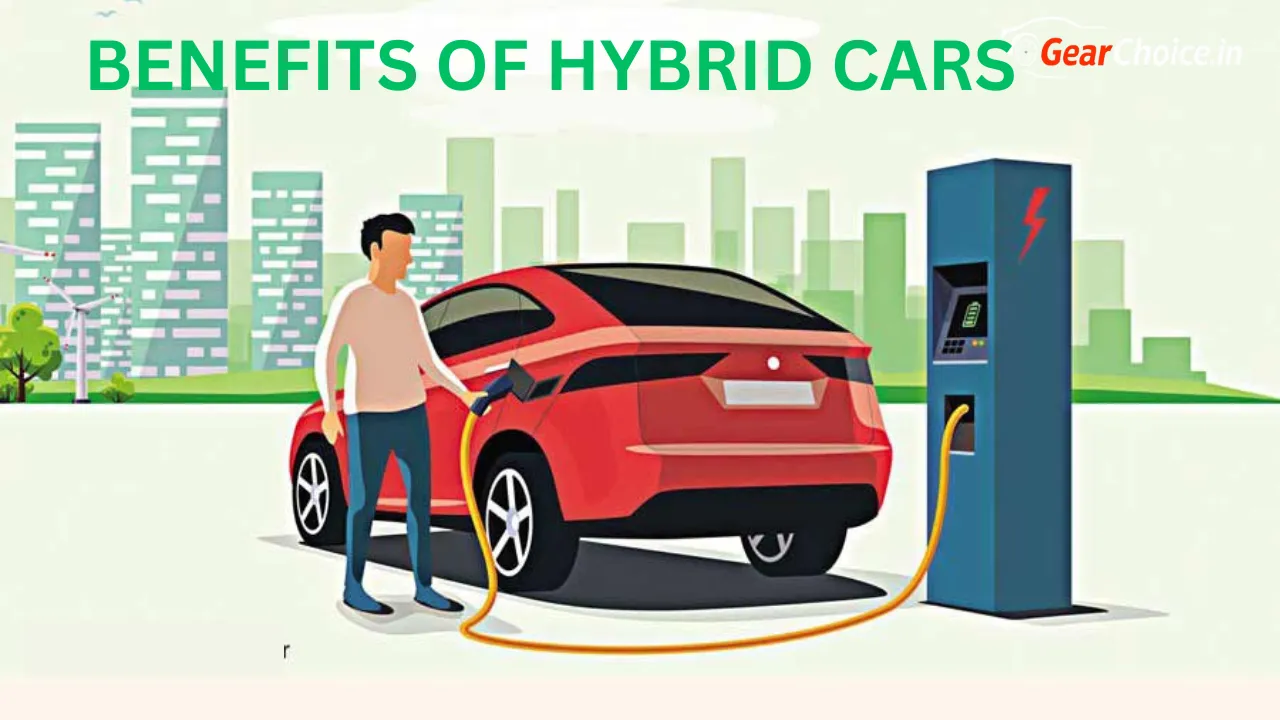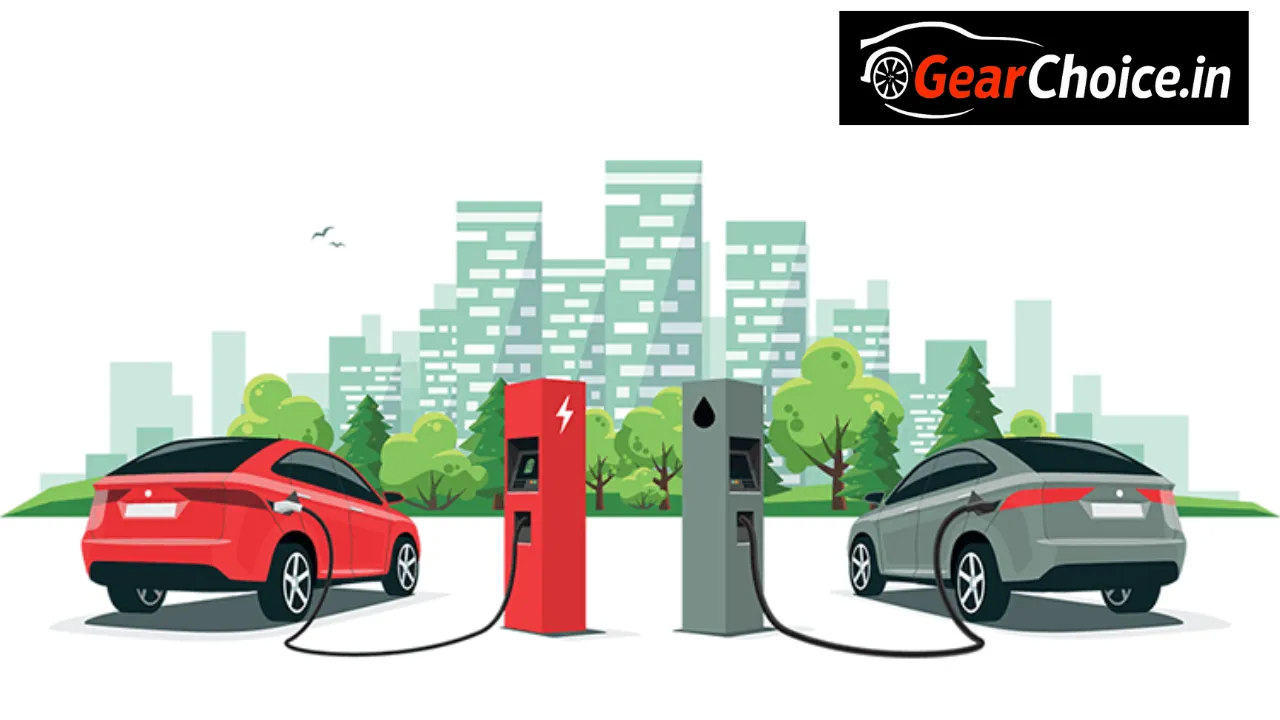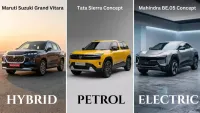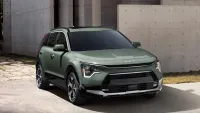Hybrid Car: Complete Information, Advantages and Disadvantages

Introduction
With growing environmental awareness and rising fuel prices, hybrid cars are gaining popularity in India and around the world. In this blog, we’ll explore what a hybrid car is, how the technology works, its pros and cons, and whether now is a good time to invest in one.
What is a Hybrid Car?
A hybrid car combines a petrol or diesel engine with one or more electric motors and battery packs. These power sources work together to move the vehicle, resulting in improved fuel efficiency and reduced emissions. Hybrid cars are mainly classified into two types:
- Self-Charging Hybrid: The battery charges automatically while driving through regenerative braking.
- Plug-in Hybrid (PHEV): The battery is charged externally using a home or public charger.
Benefits of Hybrid Cars

Better Mileage and Fuel Savings
Hybrid cars offer higher fuel efficiency than traditional vehicles, which helps in saving petrol or diesel and lowers monthly running costs.
Lower Emissions
These vehicles emit less CO2 and other harmful gases, making them a cleaner alternative, especially beneficial in urban areas.
Regenerative Braking
When braking, energy is recovered and stored in the battery instead of being wasted, reducing the need for frequent recharging.
Lower Maintenance Cost
The use of an electric motor reduces strain on the engine and brakes, leading to lower wear and tear and reduced servicing costs.
Ideal for City Driving
In slow-moving city traffic, hybrid cars often run in full electric mode, which enhances fuel efficiency in urban environments.
No Range Anxiety
Even if the battery runs low, the petrol/diesel engine takes over, ensuring the vehicle doesn’t stop mid-journey.
Government Incentives
Hybrid vehicles in many countries, including India, are eligible for tax benefits, road tax exemptions, and other government subsidies.
Disadvantages of Hybrid Cars
Higher Initial Cost
Hybrid cars are generally more expensive due to their advanced technology and dual powertrain systems.
Battery Replacement and Lifespan
Hybrid batteries have a limited life and can be costly to replace, although most manufacturers now offer long battery warranties.
Heavier and Less Powerful
The additional weight of the electric system can impact acceleration and top speed, particularly noticeable during highway driving.
Technical Complexity and Repairs
The complex systems used in hybrid cars may lead to higher repair costs and limited availability of service centers, especially in smaller towns.
Environmental Impact of Battery Production
Battery manufacturing requires rare-earth metals and chemicals, which can have a negative impact on the environment.
Reduced Boot Space
Due to the size of the battery pack and hybrid system components, boot space may be less than in conventional cars.





